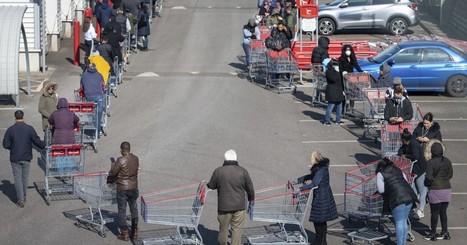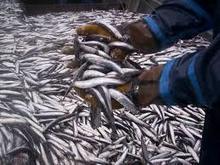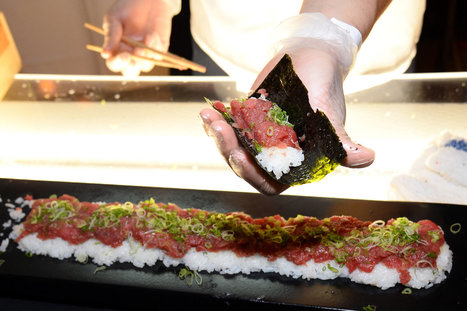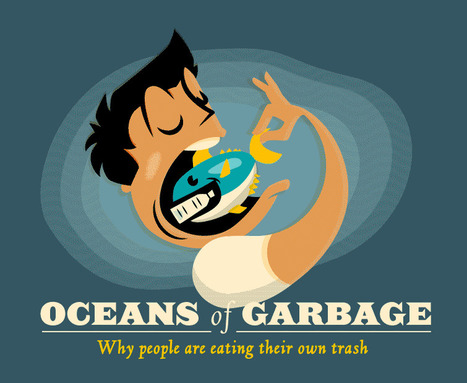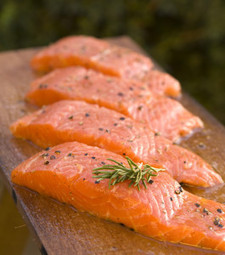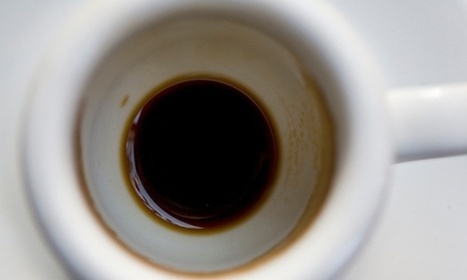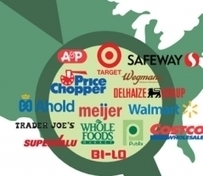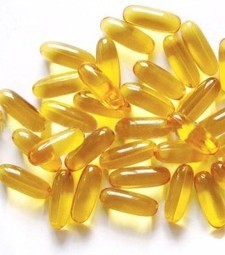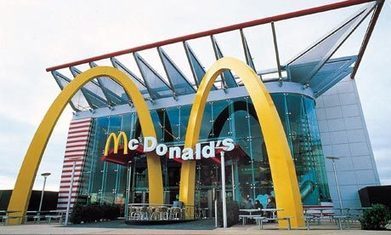The coronavirus pandemic is short-circuiting the global food supply chain, disrupting the seafood, dairy and almond industries.
Get Started for FREE
Sign up with Facebook Sign up with X
I don't have a Facebook or a X account
 Your new post is loading... Your new post is loading...
 Your new post is loading... Your new post is loading...

PIRatE Lab's curator insight,
January 8, 2015 1:24 AM
I am not one for banning all of everything. But there are certain things that I actively choose not to eat for ecological or ethical reasons. But I am not one to stop eating all fish simply because we are not properly managing some (or the majority of) stocks. But Ahi (bluefin and big eye) Tuna has now entered into that realm for me. This is very sad for me. I think of the seafood I used to eat when I was younger and it is not what I eat now.
Most conspicuously, abalone is no longer part of my diet unless I pick up a few small steaks from my mariculture friends' farms. That was literally what my extended family built parts of our summers around when I was a child: men popped, kids transported them up the cliffs, and the ladies pounded the steaks so that all had frozen abalone steaks for the year. Now it is not only illegal to harvest abs here in my region of California, but there literally are none to be had. Victims of overfishing, elevated sea temperatures, Rickettsia-like infections, etc.
These times are always very interesting to me: swearing off gas-powered personal vehicles, blood diamonds, drinking too many drinks on a Friday night, etc. When the facts are in that we really need to do something different to be responsible adults and members of our larger community, follow through can be difficult. It should be that the more "first world problem-y" the issue is, the easier it should be to quit or change our behavior. After all, we are not talking here about a choice of feeding our family or going hungry. But it seems the psychology of such "superficial" changes vs. more consequential/truly difficult choices is much more similar than it is distinct. This posting is a great example of that.

PIRatE Lab's curator insight,
January 11, 2014 11:27 AM
Our first mariculture facility in federal waters off of the California coast. Cool beans!
While the cltivation of non-native species is normally a red flag, in this case the cat is long, long out of the bag across the entire west coast. As such, this was a non-issue.
While California has lots of good intentions with our strong environmental laws, they have in many instances acted to quash innovation and coastal-dependent industries (this is why, for example, we have no offshore alternative energy production...even though we design and create systems that get installed in Oregon, Mexico, etc.). |

PIRatE Lab's curator insight,
May 30, 2016 11:48 AM
Traceability and authentication must be at the heart of any sustainable seafood endeavor.

PIRatE Lab's curator insight,
May 17, 2014 10:58 AM
We consistently see that some suppliers are better than others when it come to providing information, harvest method, etc. surrounding food options/items.

PIRatE Lab's curator insight,
December 29, 2013 1:26 AM
It is certainly true that we "can't have sustainability without the consumer" as McDonald's is arguing. And while it is true that they have not altered their seafood sourcing of late and are "merely" labeling their items, we have to realize how key this is.
We have been surveying McDonald's (and hundreds of other establishments) for going on nearly a decade now as to their seafood offerings. It doesn't matter how sustainable your offerings are; if your answer to the question of "where does this come from?" is "I don't know" you are an impediment. Providing the consumer with detailed information is more than a marketing ploy. It is the first step. |




